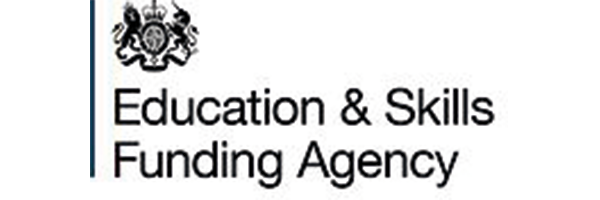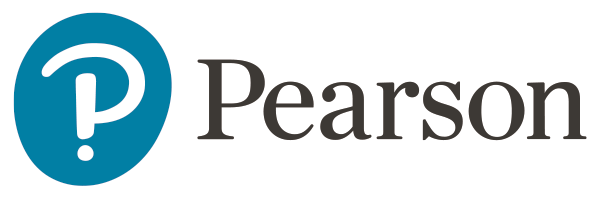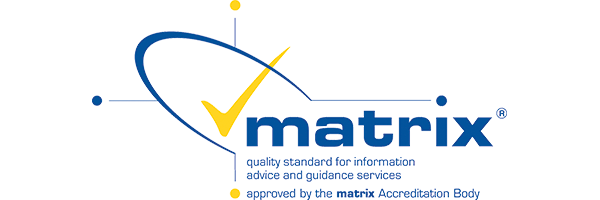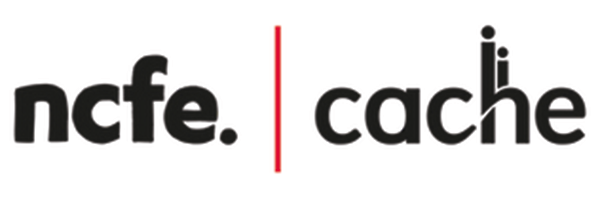Personal Development theme of the month:
Gaming addiction
What is it?
Video game addiction (VGA), also known as gaming disorder or internet gaming disorder, is generally defined as the problematic, compulsive use of video games that results in significant impairment to an individual’s ability to function in various life domains over a prolonged period of time.

What are the symptoms of gaming addiction?
Gaming behaviour:
- Preoccupation with games, constantly thinking about previous games and anticipating playing the next game. Gaming becomes the dominant activity in daily life.
- Self-imposed isolation in order to guarantee uninterrupted play.
- The use of gaming to relieve negative moods, such as guilt, anxiety or hopelessness.
- The need to spend increasing amounts of time gaming.
- Withdrawal symptoms when gaming is taken away. These symptoms are often described as irritability, restlessness, anxiety, or depression.
- Deceiving family members or others about the amount of time spent gaming.
- People with increased gaming symptoms may have greater levels of depression and also an increased tendency to become aggressive.
Effects on other activities:
- Loss of interest in real-life relationships, previous hobbies, and other entertainment as a result of gaming.
- Risk of losing, or actually losing, a job, educational or career opportunity, or a relationship due to gaming.
- Persistent tiredness due to lack of sleep.
- Continued excessive gaming despite being aware of the problems it’s causing.
- Being unable to reduce playing and having failed attempts to quit gaming.


How common is gaming addiction?
How can gaming addiction be treated?
- Treatment is based on helping a person with gaming addiction to:
- Gradually reduce the amount of time spent gaming.
- Recognise their own addictive behaviour.
- Understand the causes or triggers of their gaming addiction and so develop strategies to overcome them.
- Understand the harm their gaming addiction is causing.
Useful links to offer support:
Patient
Patient.info connects people with knowledge that makes them healthier, at every stage of their life.

UK Addiction Treatment Centres
Providing excellent care and treatment to enable all those suffering from addictive disorders to achieve a goal of life-long recovery.

Addiction Helpline
Addiction Helpline (0808 163 9632) is a free confidential support helpline for anyone affected by addiction abuse. Your call will be answered by a fully trained addiction treatment expert and not a call centre. Our lines are open 24 hours a day 365 days a year.






